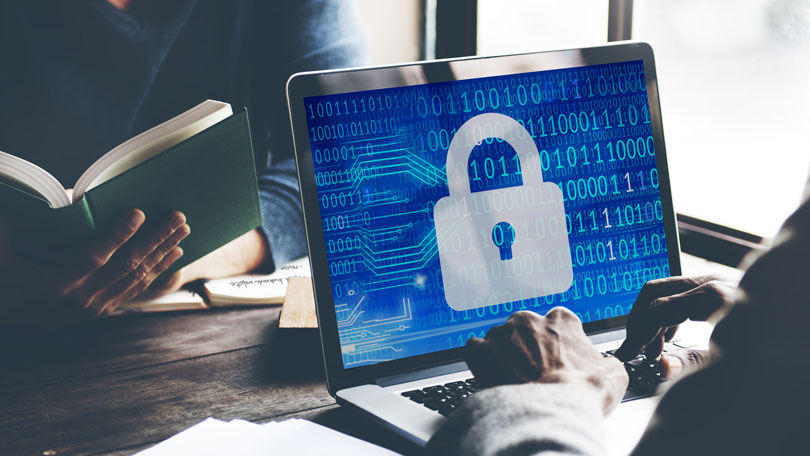7 tips for better privacy protection computer
1. Use Strong, Unique Passwords
-
Avoid using the same password across sites.
-
Use a password manager (like Bitwarden, 1Password, or LastPass) to generate and store complex passwords.
2. Enable Two-Factor Authentication (2FA)
-
Add an extra layer of protection to your accounts.
-
Prefer app-based 2FA (e.g., Google Authenticator or Authy) over SMS when possible.
3. Keep Your Software Updated
-
Regularly update your operating system, browsers, antivirus, and other programs to patch security flaws.
4. Use a Privacy-Focused Browser and Extensions
-
Consider using Firefox or Brave.
-
Install privacy extensions like uBlock Origin, Privacy Badger, or HTTPS Everywhere.
5. Limit App and Site Permissions
-
Only grant apps or websites the permissions they truly need.
-
Regularly review and revoke unused app permissions.
6. Use a VPN on Public Networks
-
A VPN encrypts your internet connection and hides your IP address when on public Wi-Fi.
-
Choose a reputable, no-log VPN provider.
7. Be Wary of Phishing and Suspicious Links
-
Don’t click on unknown links or download attachments from untrusted emails.
-
Always verify URLs before entering sensitive info.


A WordPress Commenter
April 12, 2025Hi, this is a comment.
To get started with moderating, editing, and deleting comments, please visit the Comments screen in the dashboard.
Commenter avatars come from Gravatar.